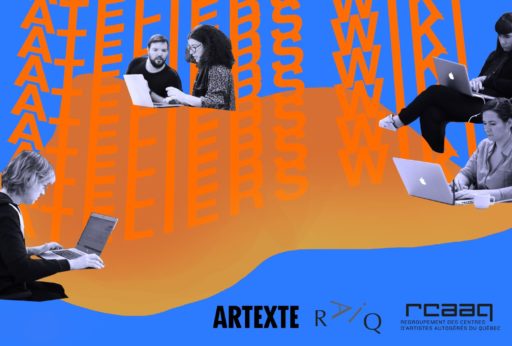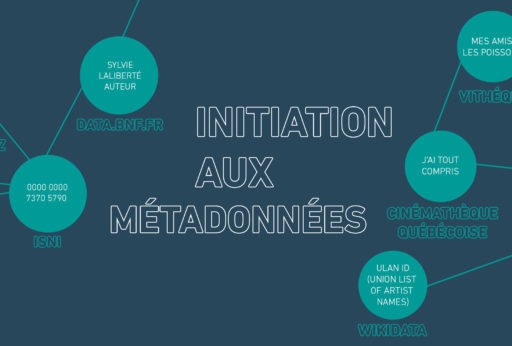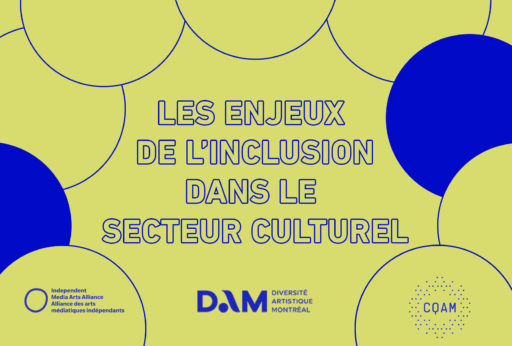The objective is to enable organizations to better understand how "digital thinking" is articulated in the cultural context.
This training will be offered in French only
Focused on practice, the training allows each participant to be individually accompanied over a period of one month to implement the digital action of his or her choice within his or her organization.
The upheavals caused by the advent of digital technology have not spared the cultural sector. Here too, the changes are profound and transversal. They affect not only the ways in which artistic productions are sought, appropriated, consumed and enjoyed, but also the very form of the works, the issues they raise, the audiences targeted and the strategies to reach them.
Despite the extent of the changes, this “digital shift” means more of a continuation than a break for local organizations and artists. Indeed, the “thinking” underlying digital technology is in line with their values and ways of doing things: creativity, collaboration, iterative approaches, innovation, sharing, etc. All that remains is to make the turn easier.
The training formula is based on collaborative learning: discussion seminars; practical application with personalized support; collective feedback on each of the solutions implemented in order to share experiences with all participants. At the end of the workshop, participants will be able to:
- understand the major digital issues in relation to their specific working context;
- understand that the digital shift does not conflict with their mandate, but rather approaches their fundamental principles;
- develop a consistent digital strategy;
- reassess their functioning in terms of governance, creation and dissemination in relation to digital technology;
- act as “pollinators” in their respective environments to pass on their new knowledge;
- promote the synchronization of the cultural and artistic milieu with the realities of the digital age.
This training is intended for NPOs’ managers, administrators, cultural workers and administrative and artistic directors in art.
—
You must propose an action that you want to implement in your organization. We will use digital thinking to implement it. The action must relate to one of the following fields of activity: management, communications, dissemination or creation. As the project must be completed in one month, the action must be simple.
Please complete the registration form. (.docx) FRENCH
Send it all to cqam.formations(a)gmail.com
—
Date: Tuesday, September 24 and Thursday, October 17, 2019
Time: 9 a.m. to 5 p.m.
Location: Oboro Studio, 4001 Berri Street, 2nd Floor, Montreal
Registration period: Deadline September 19, 2019
12 places available
Cost: $75
This training receives financial support from Emploi Québec.
In collaboration with the Regroupement des arts interdisciplinaires du Québec (RAIQ), En Piste, regroupement national des arts du cirque et le Regroupement des centres d’artistes autogérés du Québec (RCAAQ).
—
TRAINER
Mériol Lehmann
His experience as an artist and cultural manager in the field of media and digital arts has enabled her to develop advanced skills in digital culture. He has had the opportunity to carry out consulting mandates for the Service de la Culture de la Ville de Québec, the Conseil de la Culture des régions de Québec et Chaudière-Appalaches et Bibliothèque de Québec. Mériol Lehmann has also presented several conferences on the paradigm shifts brought about by digital technology and to what extent these changes are an opportunity for the arts and culture community.
——
As part of the training course Mettre à profit les liens naturels entre culture et pensée numérique, CQAM has developed tools to help organizations reflect on the transformations brought about by the “digital shift” and to implement changes within their organizations.
MANAGEMENT – COMMUNICATIONS – CREATION – DISSEMINATION – BIBLIOGRAPHY




